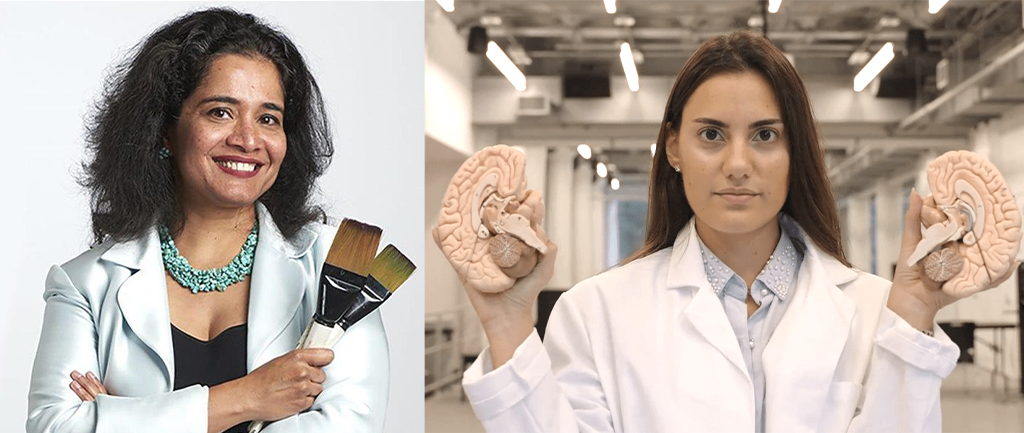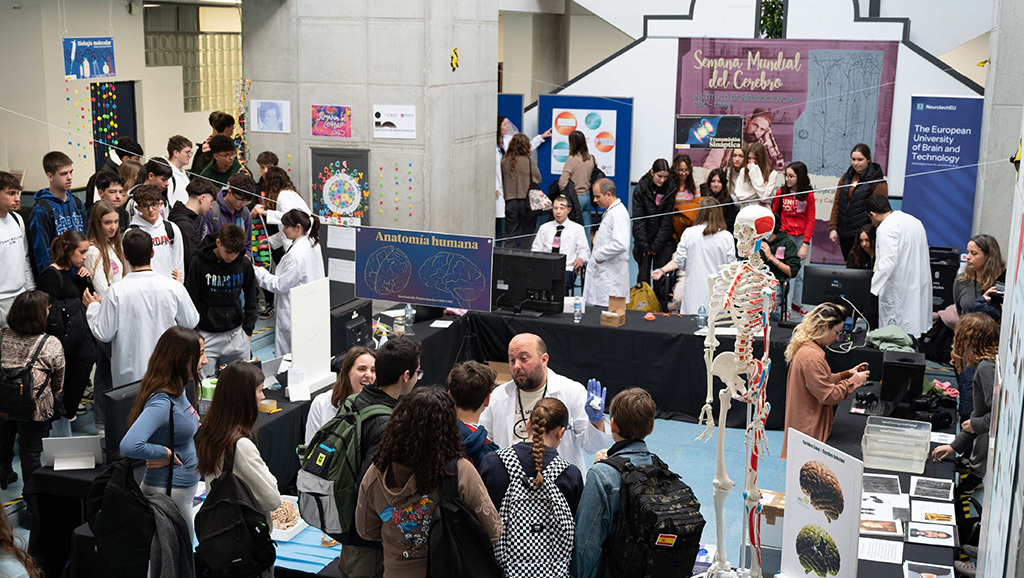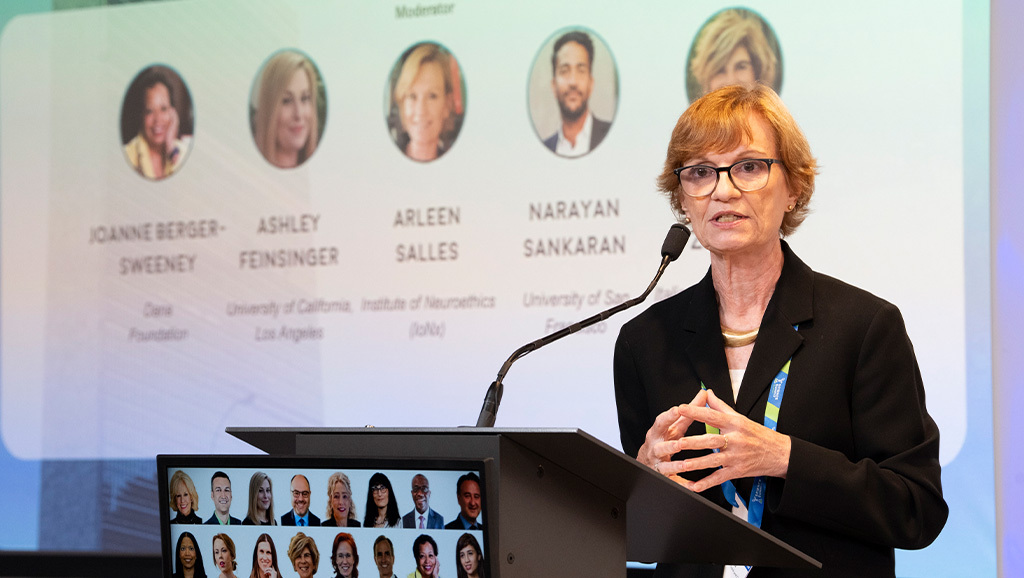So much about the human brain is still a mystery, and one of its greatest mysteries is the urge for self-expression through art—whether it be visual art, movement, music, literature, acting, design, theater, or something else. Whatever drives us to create art, a growing body of research is revealing that making art (or even just experiencing it) can be therapeutic, soothing, and empowering.
At the next Secret Science Club, art therapist Girija Kaimal and neuroscientist Constantina Theofanopoulou explore how art-making affects our brain chemistry, our moods, and our mental health.
Join us in celebrating both science and art at this special end-of-year program!
Event Details:
Where: The Bell House, 149 7th St. (between 2nd and 3rd avenues) in Gowanus,
When: Tuesday, December 5 at 7:30PM ET (Doors open at 7PM):
Admission: Free, must be 21+ with a valid ID
Girija Kaimal is a professor in the department of Creative Arts Therapies at Drexel University and directs the Health, Arts, Learning and Evaluation (HALE) lab, where she researches how visual art-making affects our physiological and psychological well-being. She is the current president of the American Art Therapy Association and her most recent book is The Expressive Instinct: How Imagination and Creative Works Help Us Survive and Thrive. In her own art practice, she explores identity and representation of emotion. As an art therapist and mental health researcher, areas of focus include traumatic brain injury, PTSD, and chronic stress among cancer patients and caregivers.
Constantina Theofanpoulou is a neuroscientist and an award-winning flamenco dancer. She is director of the Neurobiology of Social Communication Lab at Rockefeller University and Visiting Scholar at New York University. She’s using her experience in dance to inform research on the connections between dance and speech—and the possibility that dance therapy might improve deficits in speech, particularly among people coping with Parkinson’s Disease and Autism Spectrum Disorder.
We proudly support the Neuroscience & Society Talk Series as part of our Dana Education program to spark interest in and support education around neuroscience and the many ways it interfaces with our everyday lives. You can watch recordings of our previous Secret Science Club talks on our YouTube channel.




